Citation
Darczewska, Jolanta. The Anatomy of Russian Information Warfare: The Crimean Operation, a Case Study
. Warsaw, Poland. Center for Eastern Studies, 2014. https://www.osw.waw.pl/sites/default/files/the_anatomy_of_russian_information_warfare.pdf
Findings
The study finds support for the idea that Russia's use of propaganda contributed to its success in annexing Crimea, especially by gaining support from Russian-speaking population in Ukraine. Russia has utilized sociotechnical principles of successful propaganda, such as the principle of massive and long lasting impact, the principle of desired information, the principle of emotional agitation, the clarity principle (with simple messages of Russophobia), and the principle of supposed obviousness (linked to created political myths). Russia has relied extensively on social media including portals and discussion groups connected to influential opinion leaders, such as geopolitical analyst Dugin, whose many followers used aggressive messages and calls for action. Formal organizations, such as Russian Spring Coalition, and an active diaspora formed a vast online network that promoted Russia's political goals. Russia has also used 'nice men', which are armed military officers without insignia, in Crimea at night to engage in active disinformation.
Tags
Method: Qualitative Operation: State Initiation of info ops threat/attack Attack: Military of the state that is threatened/attacked Attack: Political/Legal Institutions of the state that is threatened/attacked Attack: General population of the state that is threatened/attacked Geoscope: Single country UN Region: Eastern Europe DOD Region: EUCOM Country: Ukraine Type: Report Year: 2014
Research Background
- Research questions
- What role has Russia's information warfare played in its successful annexation of Crimea? (inferred)
- Hypotheses
- Russia's extensive use of online propaganda has contributed to its success in Crimea. (inferred)
Variables or Concepts
- Independent variables & concepts
- Use of online propaganda (inferred)
- Dependent variables & concepts
- Success in annexing Crimea (inferred)
Methodologies
- Qualitative method description
- Case study of Russia's use of propaganda in Crimea based on secondary sources
